It is almost exactly 30 years since a young Labour politician told his party’s annual conference in Brighton that as home secretary, he would be ‘tough on crime and tough on the causes of crime’.
That line helped make Tony Blair a star, since it allowed a left-wing party to grab an issue where its right-wing opponents traditionally held sway. That was the era of Michael Howard as home secretary, when the public and the people who helped set the political agenda were largely in favour of a tough, punitive approach to crime. Howard’s famously harsh Criminal Justice Act 1994 was a sign of those times.
Yet things change. The recent Conservative conference was heavy on speeches and events that allowed some commentators to allege a Tory slide towards the hard right. But the topics covered were notable for what was missing. Yes, the ECHR and migrant rights were a key focus, but where was the ‘lock-em-up-and-throw-away-the-key’ message on crime from would-be Tory leaders such as Suella Braverman, Kemi Badenoch and Miriam Cates?
(Yes, I include Cates as a leadership contender. If the Tories, as they expect, are out of office next year and she still has a seat, I think she’ll stand and do surprisingly well, because outflanking your opponents on the right is likely to be a profitable tactic in a post-Sunak party.)
Isn’t it odd that a Conservative party that’s taking solidly right-wing positions on lots of issues isn’t talking about law and order? It used to be that no Conservative conference was complete without a cry of ‘bring back hanging’ from the conference floor, generally followed by a round of applause.
Now, ‘hang-em-and-flog-em’ has largely vanished from politics.
Why? Largely because the electorate has moved on. That doesn’t mean, to be clear, that people aren’t worried about crime – they are, albeit at a lower level than in earlier decades: fewer than 10 per cent of the public name it as a top issue in the Ipsos Issues Index; in the early 2000s, readings of 30 per cent and 40 per cent were the norm.
The more subtle but significant shift is in what voters want the state to do about crime and criminals. Clear majorities of voters now want the criminal justice system to favour rehabilitation over punishment – because that’s what cuts reoffending.
Chalk doesn’t want to hang ‘em and flog ‘em; he wants to get ‘em a trade and a job
New polling from Novus, a prison education service linked to Manchester College, shows how public attitudes on law and order have moved. Some 55 per cent of the public want prisons to focus on rehabilitation instead of punishment – for Tory voters, the figure is 49 per cent.
Employment and education are where the public’s liberalism is most pronounced. Some 58 per cent of Tories think educating is a good use of public money, in line with the 62 per cent of Labour voters who say the same.
Employers are catching on to this agenda. More and more big companies are opening up recruitment to people with previous convictions and supporting prison education and enterprise. The state of prison education is still often shambolic, but it’s a start.
Even better, politicians aren’t fighting about this stuff. Conservative and Labour justice teams are both keen to support better prison education and training and employment. A decade ago a Conservative justice secretary, Chris Grayling, tried to ban sending books to prisoners. Today Alex Chalk, the current incumbent, boasts about increasing prisoners’ educational levels and employment rates.
Here’s an extract from Chalk’s speech to the Tory conference:
Our plan to break the cycle of reoffending is absolutely critical, because all but the most dangerous offenders will be released one day. Frankly, there are people wasting their lives going in and out of prison, at enormous cost to the taxpayer.
So, we are rolling out accommodation provision for prison leavers, to keep them off the streets and out of trouble in those critical early weeks. We have brought business expertise into over 90 prisons across the country to provide job opportunities and help prisoners gain the skills they need to hold down a job, pay taxes, and become a contributing member of society.
Yes, that’s a Tory justice secretary preaching to the Tory faithful about the help and support he’s offering criminals while they’re in prison. Chalk doesn’t want to hang ‘em and flog ‘em; he wants to get ‘em a trade and a job. Labour is likewise more interested in rehabilitation than punishment.
It can sometimes feel as if British politics is forever in the shadow of Blair and the 1990s, not least since we’re approaching the end of a long-serving Tory government. But some things do change, and Britain’s attitudes to crime, punishment and rehabilitation might just be among them.
Got something to add? Join the discussion and comment below.
Get 10 issues for just $10
Subscribe to The Spectator Australia today for the next 10 magazine issues, plus full online access, for just $10.

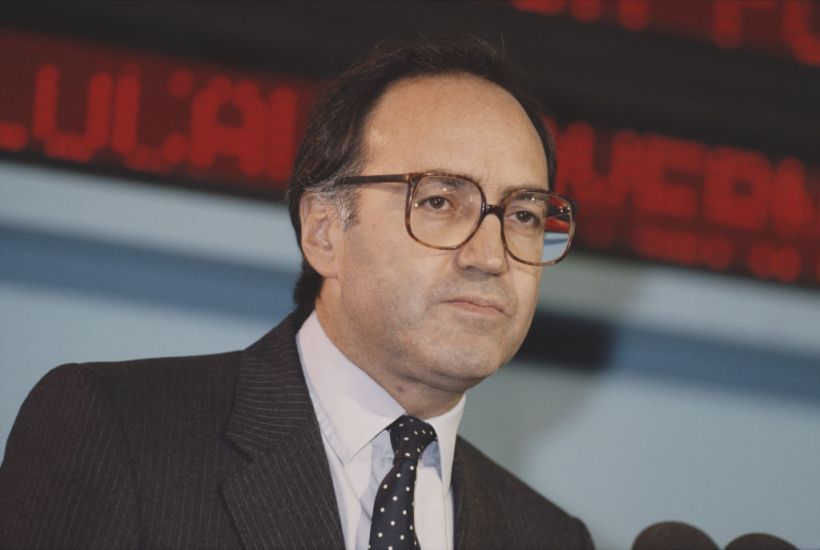
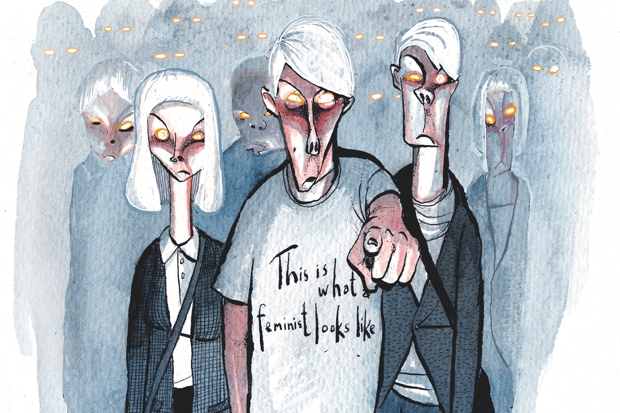
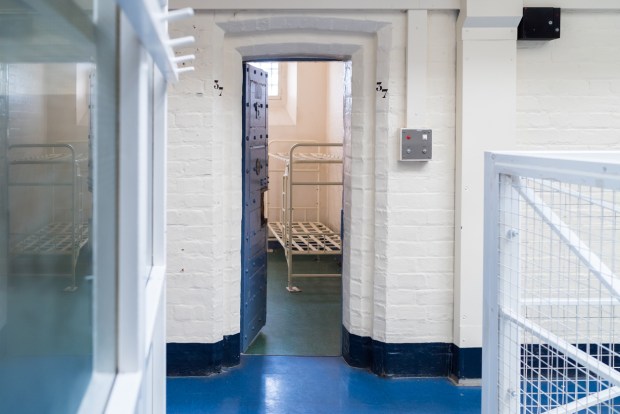

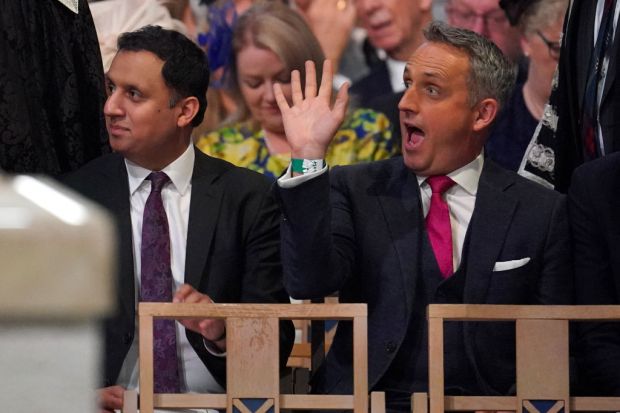
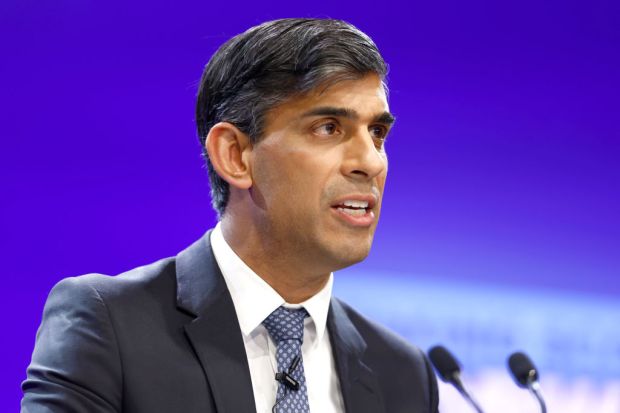













Comments
Don't miss out
Join the conversation with other Spectator Australia readers. Subscribe to leave a comment.
SUBSCRIBEAlready a subscriber? Log in